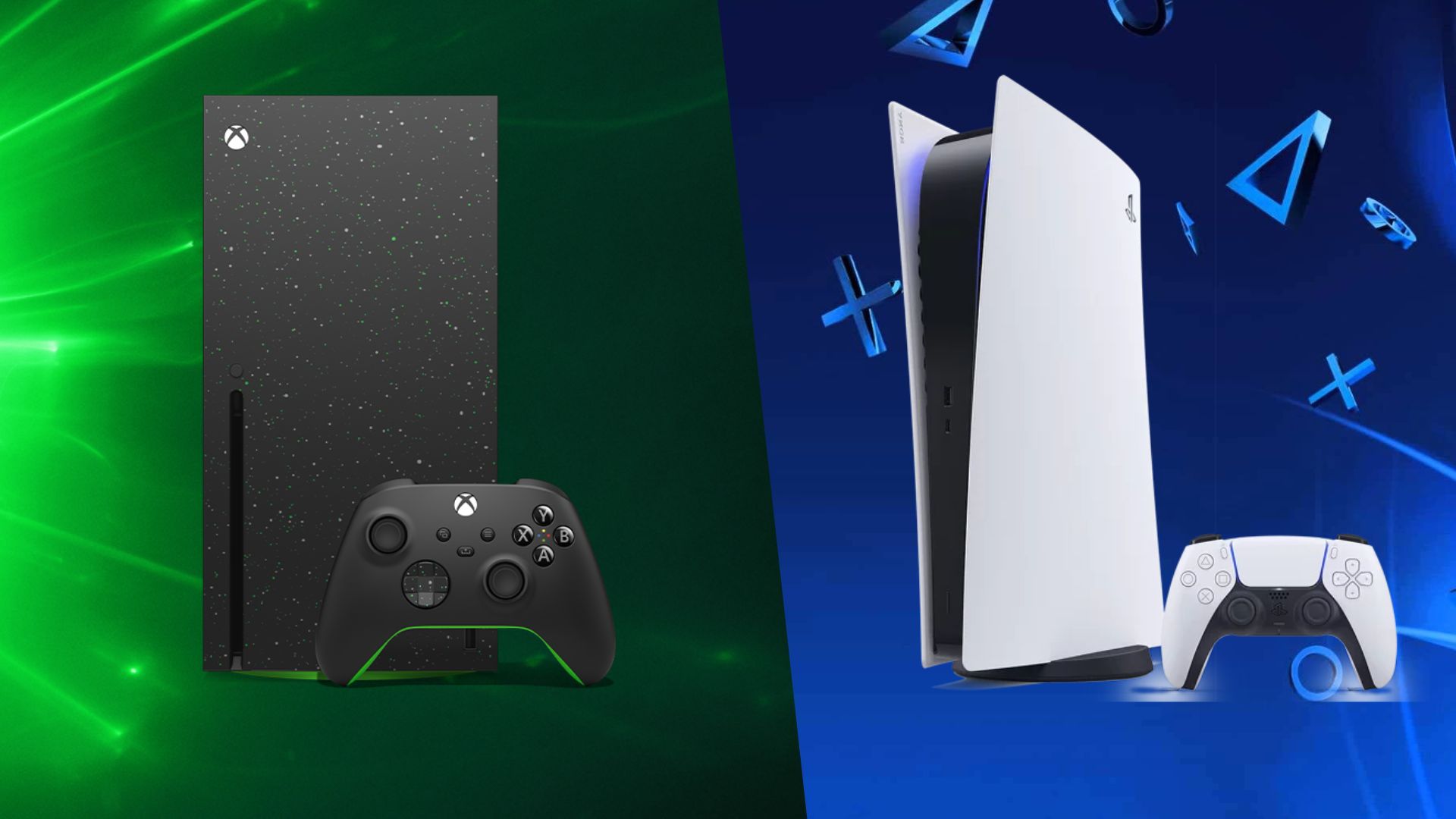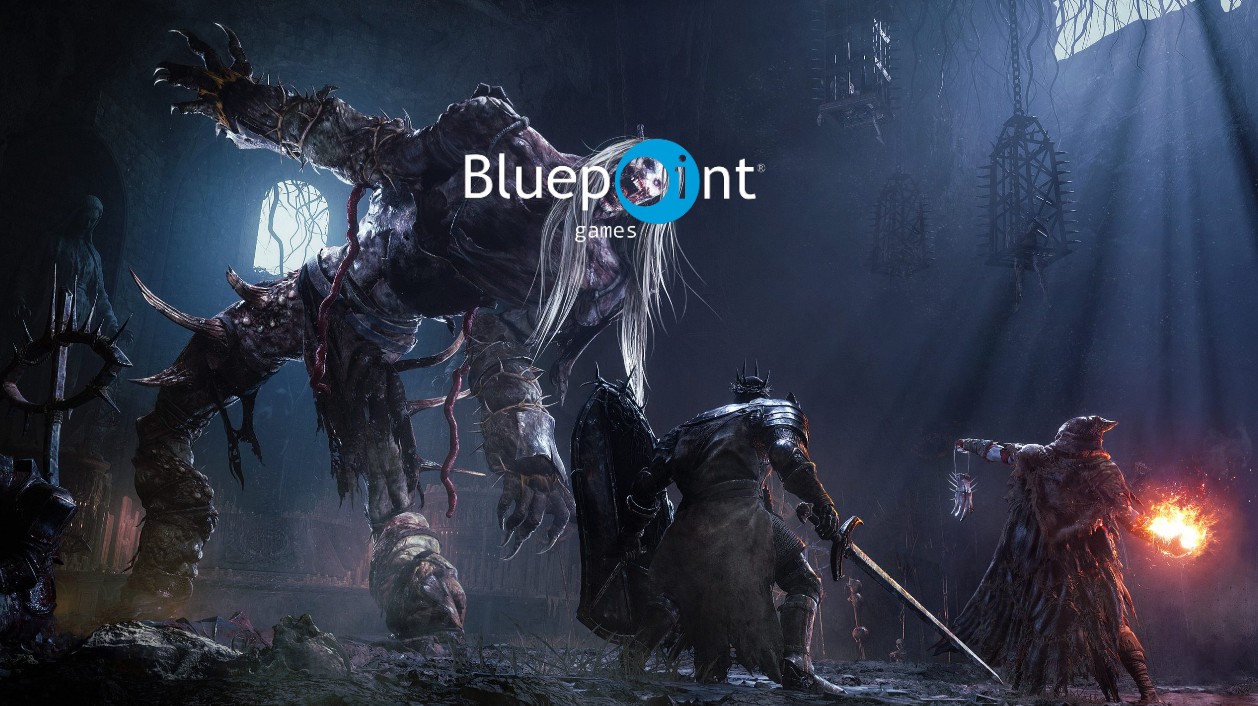- PlayStation co-CEO Hideaki Nishino believes that home consoles and hardware are here to stay for a long while.
- These markets will not disappear soon just because PlayStation uses cloud technologies or caters to PC players.
- The number of PlayStation 4 and 5 games and players is still increasing, suggesting a safe future ahead.
The changing console markets have forced both Xbox and PlayStation to adapt in different ways. While Microsoft has let go of its exclusivity strategy and made everything an Xbox, PlayStation has been transparent about adapting in a more player-friendly way. However, the concerns about the alleged decline of the console market still haunt the player base.
Now, the PlayStation co-CEO Hideaki Nishino says that the console and hardware market is not going anywhere. He believes the company is only growing in these sectors, so they will remain the core of their business.
Why it matters: The reassurance by co-CEO Hideaki Nishino eases the worries that PlayStation is slowly abandoning the home console market to focus on PC players. The hardware itself will not disappear any time soon.

Speaking in an interview with Famitsu, PlayStation co-CEO Hideaki Nishino clarifies that the number of PlayStation 4 and 5 games and players is still increasing across the charts, and that is unlikely to suddenly change in the foreseeable future.
It’s hard to imagine that this will suddenly change tomorrow, so I think it’s safe to say that home video game consoles will be the center of our business for A While
The hardware market is also not in danger, as even if PlayStation utilizes cloud tech—like with PlayStation Portal—then it still needs a controller and a screen.
Hideaki further suggests that the company is trying to keep a balance between console and PC players.

Additionally, PlayStation CFO Hiroki Totoki recently clarified that PS5 has not missed out on sales due to players switching to PC, as Sony does not see the PC market as a threat but rather an opportunity.
Do you think the co-CEO’s words are enough to calm the rumors that PlayStation is also focusing more on the PC platform like Xbox? Let us know your thoughts in the comments below, or join the discussion on the official Tech4Gamers forum.
Thank you! Please share your positive feedback. 🔋
How could we improve this post? Please Help us. 😔
Shameer Sarfaraz has previously worked for eXputer as a Senior News Writer for several years. Now with Tech4Gamers, he loves to devoutly keep up with the latest gaming and entertainment industries. He has a Bachelor’s Degree in Computer Science and years of experience reporting on games. Besides his passion for breaking news stories, Shahmeer loves spending his leisure time farming away in Stardew Valley. VGC, IGN, GameSpot, Game Rant, TheGamer, GamingBolt, The Verge, NME, Metro, Dot Esports, GameByte, Kotaku Australia, PC Gamer, and more have cited his articles.




